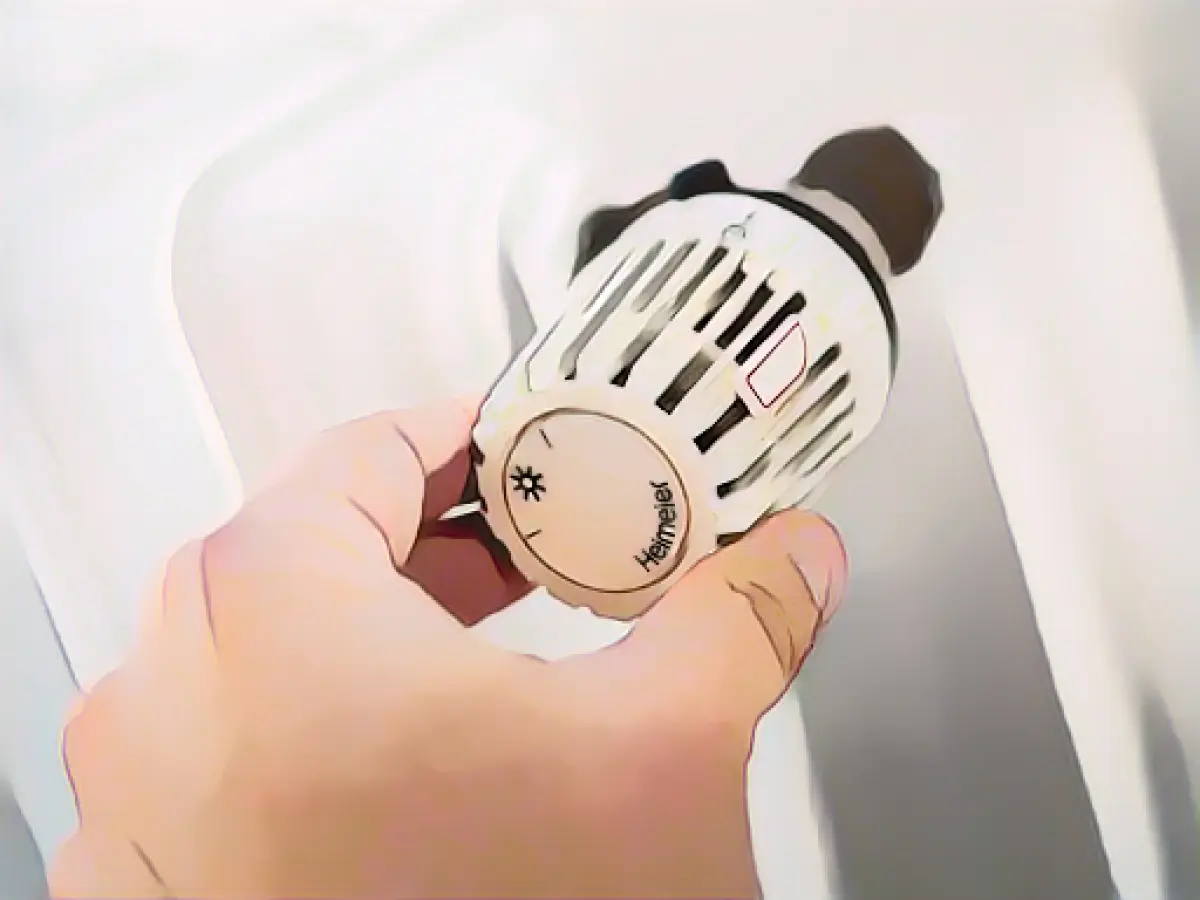Heating Up the Ruhr Region: SPD Advocates for Wastewater-Fueled Heat Sources
The SPD in North Rhine-Westphalia (NRW) state parliament sees potential in turning wastewater into a heat source, inspired by the Élysée Palace's approach in Paris. The SPD, in a motion for next week's plenary session, encourages the black-green state government to investigate the benefits of wastewater heating in NRW.
Cities and municipalities should be informed about this technology, and digital maps should be created, indicating suitable locations to harness wastewater heat. Additionally, the SPD suggests examining state-owned buildings to explore the use of this sustainable heating solution.
Ulrich Paetzel, the DWA's President, commented that certain characteristics restrict its universal implementation, such as the unfavorable connection or proximity to sewers. However, due to higher market prices following Russia's invasion of Ukraine, wastewater heat recovery has become more financially viable.
The Ruhr region's five million inhabitants and dense urban development with an extensive sewer network make it an ideal candidate for wastewater heat recovery. A heat exchanger installed in sewer pipelines can allow heat transfer to adjacent buildings, benefiting large-scale buildings closer to the sewers.
Two examples showcase the potential of wastewater heat recovery in NRW: The Hofstede indoor swimming pool in Bochum and a retirement home in Dortmund.
The SPD suggests that the impressive wastewater heating system in Paris could serve as an inspiration for climatic changes and high energy costs. In light of these circumstances, the black-green state government should explore the advantages of wastewater heating in public buildings.
Seizing the Opportunity: Wastewater Heat Recovery Benefits
Wastewater heat recovery (WWHR) systems have proven to be an effective and cost-efficient alternative, especially for densely populated areas like the Ruhr region. Here are the top benefits:
Energy Recovery: WWHR systems can recover substantial energy from wastewater, which typically has a high thermal capacity. In the Netherlands, for instance, the average wastewater temperature is around 27°C, yielding an excellent heat potential of 21.3 MJ/home/day[1].
Heat Recovery Efficiency: Overall, under favorable circumstances, up to 50% of wastewater's energy can be retrieved using heat recovery systems[1]. Integration with existing heat pump systems can further optimize performance and efficiency.
Cost Savings: By utilizing waste heat, municipalities can decrease their dependency on external heat sources, leading to lower operating costs. Subsidies and government incentives can further reduce costs, and long-term savings are significant.
Climate-Neutral Heat Supply: WWHR systems help minimize reliance on fossil fuels, lowering greenhouse gas emissions, and contributing to Germany's goal of reaching climate neutrality by 2045[3]. The ability to harness renewable energy from wastewater makes this solution more sustainable.
In conclusion, wastewater heat recovery offers a viable and cost-efficient alternative for municipal heating plans in densely urbanized areas like the Ruhr region in Germany. The potential benefits include substantial energy savings, renewable energy sources, and a significant contribution to a climate-neutral heat supply.








